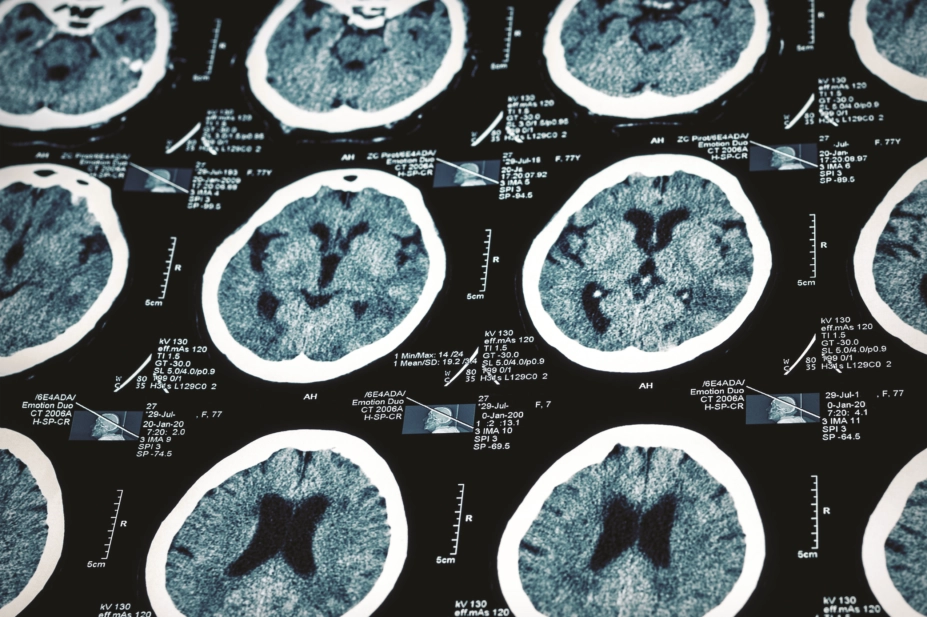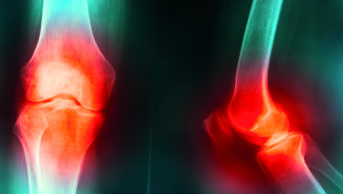
Shutterstock
A drug that appeared a promising candidate for treatment for Alzheimer’s has failed to show benefits in phase III clinical trials.
Phase II trials had suggested that Lundbeck’s idalopirdine might improve cognition in patients with Alzheimer’s disease (AD) taking cholinesterase inhibitors, but this was not borne out in three phase III clinical trials, the result of which have been reported in the Journal of the American Medical Association. The researchers conclude: “The findings do not support the use of idalopirdine for the treatment of AD”.
The trials included 2525 patients aged 50 years or older with mild to moderate AD randomised to receive a daily dose of idalopirdine 10mg, 30mg, or 60mg/day, or placebo, in addition to their cholinesterase inhibitor for 24 weeks.
Idalopirdine is a selective 5-hydroxytryptamine-6 receptor antagonist, and therefore has cholinergic, glutamatergic, dopaminergic, and noradrenergic properties, so was considered to have the potential to augment multiple neurotransmitter systems to improve cognition.
The disappointing results come in the same week that pharma giant Pfizer announced that it was pulling out of early stage research into Alzheimer’s and Parkinson’s diseases to focus on other areas of its pipeline in which expertise is strongest.
In a statement Pfizer said that the company recognised that “neuroscience is an area of tremendous unmet need” and that it “will continue to explore opportunities outside of Pfizer to out-license our existing programs”, although, “the late-stage Lyrica programs and the tanezumab development program will continue as planned”.
The news is the latest in a long history of failure by drugs companies to make progress in a field desperate for new therapies. In an accompanying editorial in JAMA, David A. Bennett of the Rush Alzheimer’s Disease Center, Rush University Medical Center, Chicago, Illinois, points out that over the past 15 years, more than 400 clinical trials of therapeutics for Alzheimer’s disease have been registered, and the failure rate of those that reported has been nearly 100%.


